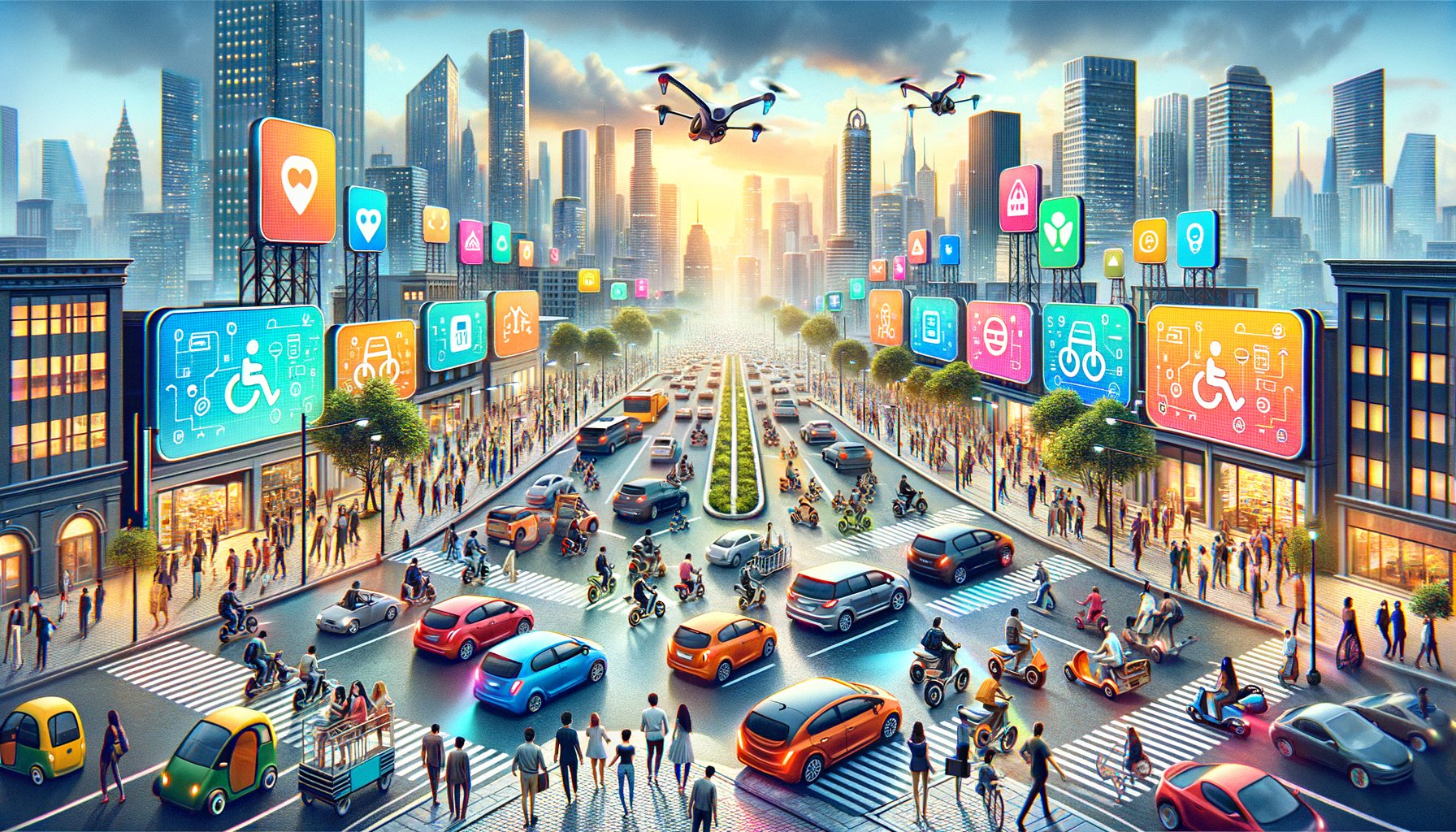Physical Address
304 North Cardinal St.
Dorchester Center, MA 02124
Physical Address
304 North Cardinal St.
Dorchester Center, MA 02124

Over the past decade, we’ve witnessed a significant shift in the way people move around cities. This transformation can largely be attributed to the rise of car sharing apps, which have revolutionised urban mobility. As our reliance on personal vehicles decreases, these innovative platforms are reshaping our transportation ecosystem.
Car sharing is not a new concept; it has been around for decades. However, it only gained traction in the mainstream with the advent of smartphone technology and high-speed internet connectivity. These technological advancements paved the way for car-sharing apps like Uber, Lyft, GoGet and Zipcar.
These companies leveraged modern technology to provide an easy-to-use platform that connects drivers with passengers in real-time. With just a few taps on their smartphone screens, users can request a ride from their current location to their desired destination. This level of convenience was previously unimaginable and has significantly contributed to the popularity of these services.
Car sharing apps have brought about profound changes in urban mobility patterns. For starters, they offer an attractive alternative to owning a personal vehicle. Owning a car comes with numerous responsibilities such as maintenance costs, insurance premiums, fuel expenses and parking fees. On the other hand, using a car-sharing app eliminates these concerns as users only pay for rides when they need them.
Besides cost savings, car sharing apps also contribute to reducing traffic congestion and pollution levels in cities. Fewer cars on the road mean less traffic congestion and lower emissions.
Traffic congestion is a major issue plaguing urban areas worldwide. It not only leads to frustration among drivers but also contributes to increased pollution levels and decreased productivity. However, car sharing apps can help alleviate this problem.
By pooling multiple passengers in a single vehicle, these services can reduce the number of cars on the road. This can significantly decrease traffic congestion and improve overall travel times. For instance, UberPOOL and Lyft Shared are popular options for users who don’t mind sharing their ride with other passengers going in the same direction.
Environmental sustainability is another key benefit of car sharing apps. Fewer cars on the road mean fewer emissions, which is beneficial for our environment.
In addition, many car-sharing companies are investing heavily in electric vehicles (EVs) and hybrid technology. These vehicles produce less harmful emissions compared to traditional petrol or diesel cars. As more people opt for these greener alternatives, we could see a significant reduction in carbon footprint at a city level.
The future of car sharing apps looks promising as technological advancements continue to shape the industry. Autonomous vehicles represent one such advancement that could potentially revolutionise the sector even further.
Several tech giants and automakers are already testing self-driving cars with hopes of integrating them into their fleet in the near future. Once this becomes a reality, it could lead to safer roads as autonomous vehicles are expected to be less prone to accidents compared to human-driven cars.
Another exciting development is the integration of artificial intelligence (AI) in these platforms. AI can enhance user experience by providing personalised recommendations based on past rides and preferences.
In conclusion, it’s clear that car sharing apps have significantly impacted urban mobility by making transportation more convenient, affordable and sustainable. As technology continues to evolve, we can expect even more exciting changes in the sector. The rise of car sharing apps is just the beginning of a new era in urban mobility.
The rise of car sharing apps has undeniably reshaped urban mobility. They have made transportation more accessible, cost-effective and environmentally friendly. As technology continues to evolve, these platforms will continue to innovate and provide better solutions for city dwellers worldwide. While challenges remain, the future looks promising for car sharing apps and their role in shaping urban mobility.